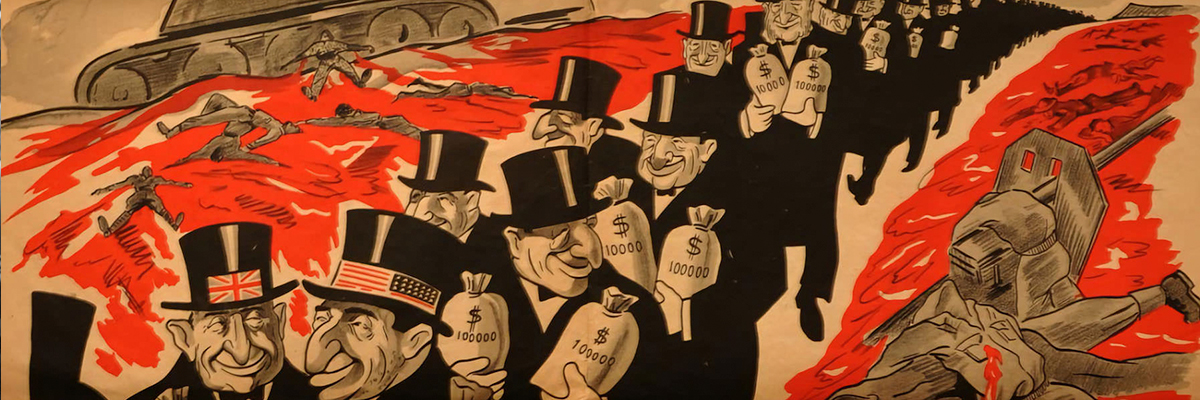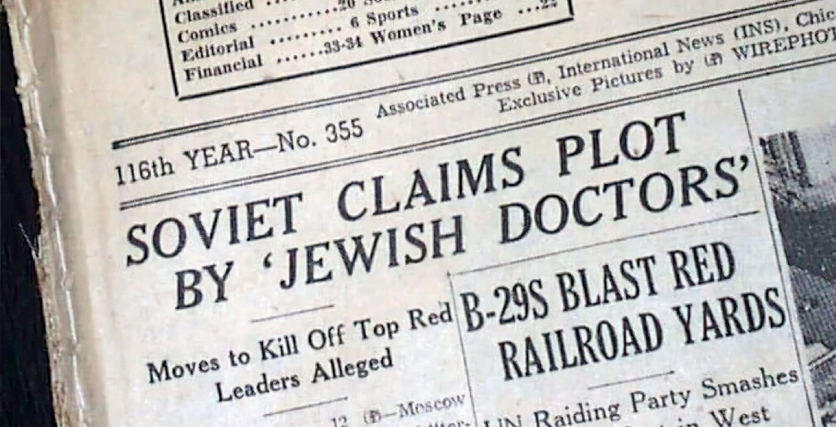In the fight against antisemitism, we need to start by exploring both its historical roots and how it’s manifesting in our world today. Knowledge will enable us to better identify and address antisemitic behaviors and attitudes in our daily lives.

ANTISEMITIC MYTHS AS OUTLINED BY THE ADL
The antisemitic myths about power, loyalty, greed, deicide, the blood libel, Holocaust denialism and anti-Zionism have persisted over time.
Jews Have Too Much Power
Jews account for approximately 0.2 percent of the global population. And yet antisemites believe that this tiny minority is not only on a quest for total world domination, but is already in control of banks, the media, industry, government — even the weather.
Jews are Disloyal
Antisemites frequently suspect Jews of holding allegiance only to fellow Jews and to a uniquely Jewish agenda. Jews are accordingly seen as untrustworthy neighbors and citizens, as if they are inherently disloyal — or have inherently dual loyalties.
Jews are Greedy
One of the most prominent and persistent stereotypes about Jews is that they are greedy and avaricious, hoping to make themselves rich by any means. They are seen both as relentless in the pursuit of wealth and also as stingy misers determined not to let any money slip from their grasp. They are imagined exerting control over the world’s financial systems, but are also accused of regularly cheating friends and neighbors out of a buck
Jews Killed Jesus
The myth that Jews collectively murdered Jesus, also referred to as “deicide,” has been used to justify violence against Jews for centuries. Historians as well as Christian leaders have agreed that the claim is baseless.
Jews use Christian Blood for Religious Rituals
A major theme in antisemitic thought and propaganda is the blood libel, the myth that Jews murder non-Jews, especially non-Jewish children, in order to use their blood to perform religious rituals. Most prevalent in the medieval and early modern period, this peculiar accusation has plagued Jews and incited violence against them for centuries.
The Holocaust Didn’t Happen
The Holocaust was a genocide perpetrated by the German Nazi regime against European Jews between 1941-1945. Six million Jews were murdered in death camps, concentration camps, ghettos, killing fields and elsewhere.
Anti-Zionism or Criticism of Israel is Never Antisemitic
Criticism of Israel is not in and of itself antisemitic. But much of contemporary anti-Zionism, or the delegitimization of Israel and its supporters, draws on and perpetuates antisemitic tropes
Learn more about Antisemitism Uncovered: A Guide to Old Myths in a New Era is a comprehensive resource with historical context, fact-based descriptions of prevalent antisemitic myths, contemporary examples and calls-to-action for addressing this hate.

 Please Wait while we loading your video.
Please Wait while we loading your video.